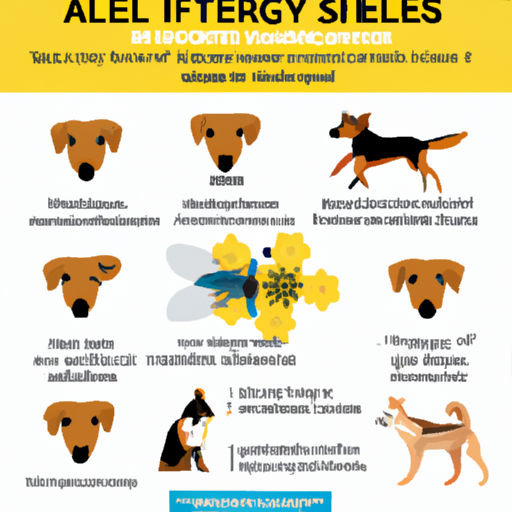As a caregiver, understanding the triggers that can cause hives in your beloved pet can be invaluable. This piece aims to help you understand just that.
H2: Understanding Hives in Dogs
Hives, medically known as urticaria, are a type of skin inflammation that appears as red, itchy bumps. They can appear suddenly and spread quickly across your dog’s body. Often, these hives are a response to an allergic reaction. Just as you might break out in hives from consuming something you’re allergic to, the same can happen to dogs.
H2: Common Causes of Hives
Common triggers for hives in dogs include:
- Food Allergies: Certain ingredients in dog food can cause allergic reactions.
- Insect Bites and Stings: Insects like bees, wasps, spiders can cause hives on dogs.
- Environmental Allergens: Pollen, dust, mold, and other environmental factors can trigger hives.
- Medication: Some dogs may react to certain medications with hives.
| Common Triggers | Description |
|---|---|
| Food Allergies | Certain ingredients in dog food can cause allergic reactions. |
| Insect Bites and Stings | Insects like bees, wasps, spiders can cause hives on dogs. |
| Environmental Allergens | Pollen, dust, mold, and other environmental factors can trigger hives. |
| Medication | Some dogs may react to certain medications with hives. |
H2: Identifying Hives in Dogs
Identifying hives in dogs can be tricky, especially in dogs with thick fur. Here are some signs to look out for:
- Sudden onset of red, swollen bumps on the skin
- Itchiness, your dog may scratch or bite at the affected area
- Restlessness or agitation
Remember, if you’re unsure, it’s always best to consult with a veterinarian.
H2: Treatment and Prevention of Hives in Dogs
Treatment often involves identifying and eliminating the allergen, and providing symptomatic relief for the dog. This may include antihistamines or corticosteroids prescribed by a vet.
To prevent hives, try to identify what’s causing them. If it’s food, consider changing your dog’s diet. If it’s environmental factors, try to keep your dog away from the allergen.
H2: Frequently Asked Questions
Q: Can hives in dogs be life-threatening?
A: In severe cases, hives can lead to a serious allergic reaction called anaphylaxis. If your dog is struggling to breathe, seek immediate vet attention.
Q: How long do hives last in dogs?
A: Hives typically disappear within 24 hours. If they persist, consult a vet.
Q: Are hives contagious to other dogs or humans?
A: No, hives are not contagious. They are a reaction to an allergen.
Remember, as a caregiver, it’s important to keep an eye on your pet’s health. If you notice any unusual symptoms, don’t hesitate to consult with a professional.



